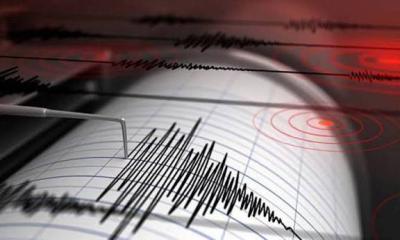While circumcising, Ayan and Ayhan had to be administered anesthesia recently. Unfortunately, both died in the process.
Dying of anesthesia is nothing new in the country.
Adding to the patients’ woes, the country’s health sector has an even more threatening piece of news to offer: an acute shortage of anesthesiologists.
In government hospitals, the scenario is no different as only half the anesthesiologists needed are available there. This is causing critical patients to wait for even weeks before their operations.
On average, an anesthesiologist serves two hospitals.
Many medics ignore this field of medication, and being an expert in it due to career limitations and financial benefits.
Anesthesia is the use of medicines to prevent pain during surgery and other procedures. These medicines are called anesthetics that cause the loss of feeling or awareness.
Anesthesia may be used in minor procedures, such as filling a tooth. It could be used during childbirth or procedures such as colonoscopies. And it is used during minor and major surgeries.
However, without trained anaesthesiologists, even a simple procedure such as circumcision can turn fatal which is already seen twice in the last two months.
Very few in number
The country now has nearly 2,400 anesthesiologists, says the Bangladesh Society of Anesthesiologists, Critical Care and Pain Physicians (BSACCPP).
Of them, some 1,000 are employed in government hospitals – this is just 30% of the posts created in the health facilities. In 429 upazila health complexes, there are 142 anesthesiologists.
Out of 213 posts for anaesthesiologists, starting from assistant professor to professor levels, at the government facilities, at least 107 are currently vacant.
In a work plan called “Bangladesh Health Workforce Strategy-2023” of the Health Ministry, it was reported that surgery at many government hospitals is completely suspended due to a lack of anesthesiologists and lab technicians.
Against a surgeon, there is merely 0.37 anesthesiologists in public hospitals, according to the ministry.
And, for every hospital, the figure stands at 0.45. It means every two hospitals do not even have an anesthesiologist.
The World Federation of Societies of Anaesthesiologists suggests there must be five anaesthesiologists for every 1 lakh people.
Experts’ take
Stating that there are no effective measures to resolve the crisis, BSACCPP President Debabrata Banik said, “Most of the anesthesiologists work in private hospitals. In fact, their posting and promotion are complicated too.
Banik, also a professor of the Anaesthesia, Analgesia and Intensive Care Medicine Department at Bangabandhu Sheikh Mujib Medical University, many hospitals have surgeons, but not anesthesiologists.
“In that case, such surgeons cannot operate upon patients. In general, due to the crisis in hospitals, the number of operations is reducing,” he added.
“Even in some cases, anesthesiologists are called at the operating theatres.”
For a patient to be operated upon, the standard practice is to put him/her through pre-anaesthesia check-ups so that doctors can identify the risks.
Pay, credit issues
Anesthesiologists allege that compared to the doctors engaged in other fields of treatment, they face regular pay inequality.
This problem is severe in private hospitals as anaesthesiologists have to depend on surgeons for their share of any operation fee, they add.
There is another issue: not recognizing their role.
Once a patient is successfully operated upon, the surgeon(s) involved get full credit for that. But anaesthesiologists, at times, are not even thanked for the job done.
Many claim that these two reasons are also to blame for the lower number of anaesthesiologists in the country.
Talking about the deaths, Bangladesh Medical Association General Secretary Dr Ehteshamul Haque Chowdhury said, “We hearing the complaints filed at the probe commission. In the past, no one was found responsible.
“But we’re are discussing the recent deaths from anaesthesia,” he added.




-20260106082251.webp)
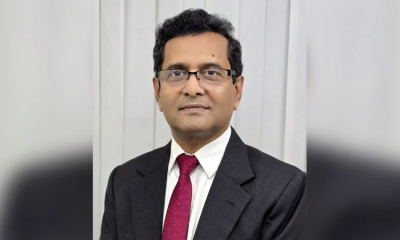
-20251231101531.webp)
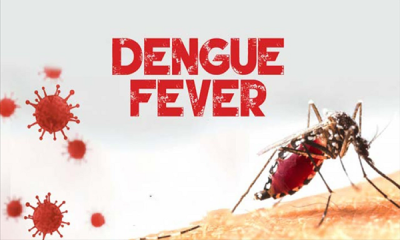

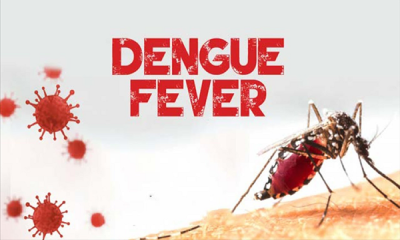



-20260217073221.webp)


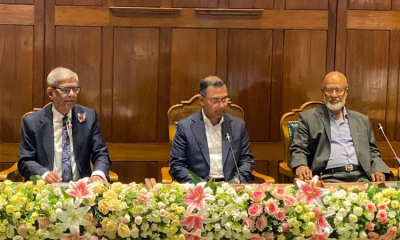

-20260216115008.webp)

















